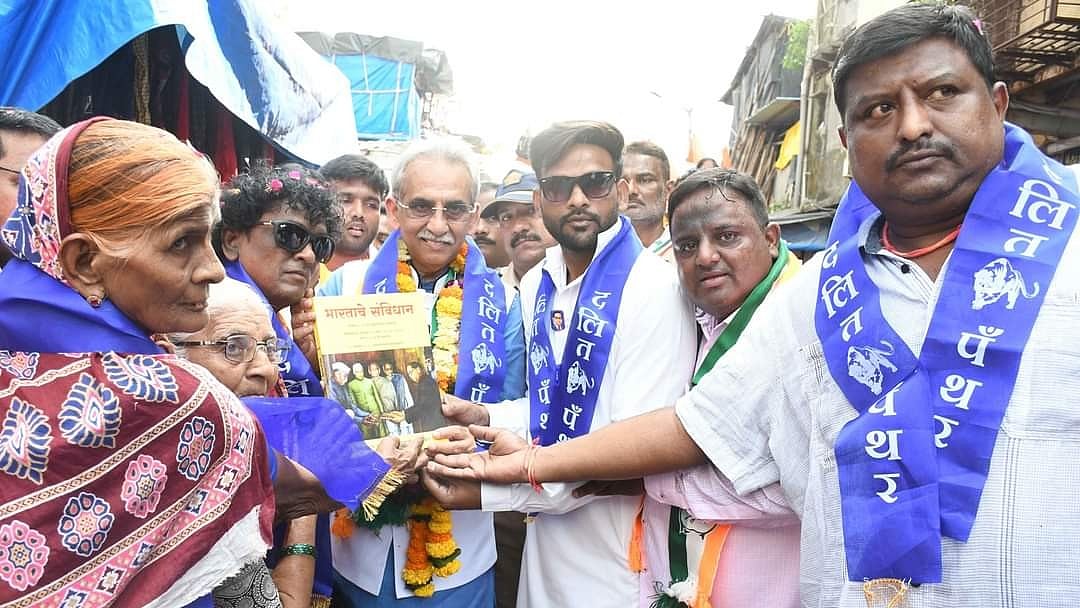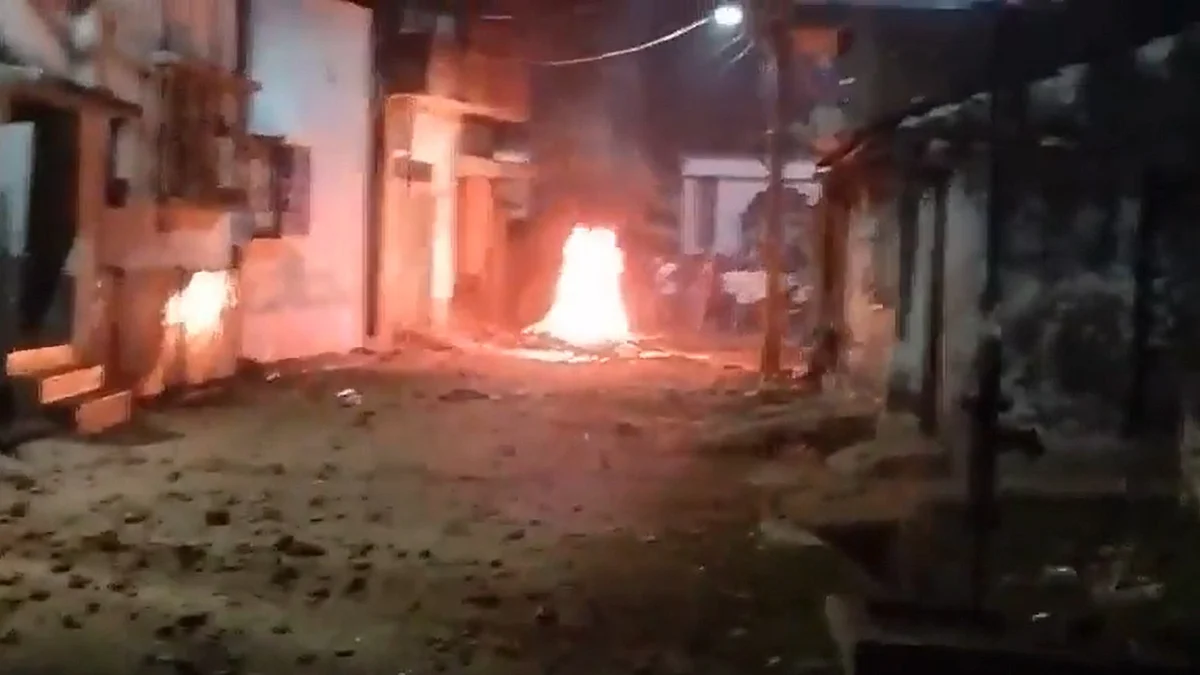In a landmark decision, The Supreme Court on Monday upheld the validity of the Constitutional Order abrogating Article 370 bestowing special status to the erstwhile state of Jammu and Kashmir and directed restoration of statehood "at the earliest" along with conducting elections to the assembly by September 30, 2024. The apex court today announced the verdict on a batch of petitions challenging the abrogation of the provisions of Article 370. A five-judge bench which was headed by Chief Justice of India (CJI) DY Chandrachud passed its decision on whether the decision taken by the Government of India to abrogate the provisions of Article 370 of the Constitution was valid or not.
Constitutional Order abrogating Article 370 is valid
The Supreme Court in its verdict, has announced that the Constitutional Order abrogating Article 370 is valid. The decision on abrogation of provisions of Article 370 was taken by the Centre on August 5, 2019.
Jammu and Kashmir is an integral part of India
The Supreme Court observed that Jammu and Kashmir is an integral part of India and Maharaja Hari Singh surrendered the sovereignity of the state. The court also said that the provisions of Article 370 was a temporary provision and it was created due to war conditions.
Union government cannot take actions of irreversible consequences
The Supreme Court also said the argument of petitioners that the Union government cannot take actions of irreversible consequences in the State during Presidential rule is not acceptable.
'Every decision taken by Union on behalf of State is not subject to challenge'
CJI DY Chandrachud also said, "Every decision taken by Union on behalf of State is not subject to challenge, this will lead to chaos and uncertainty and would bring the administration of the State to a standstill." The Supreme Court held that Jammu and Kashmir became an integral part of India as evident from Articles 1 and 370 of the Constitution of India.
The concurrence of the State government was not required
Supreme Court said that the concurrence of the State government was not required to apply all provisions of the Constitution using Article 370(1)(d). So, the President of India taking the concurrence of the Union government was not malafide. Supreme Court said, "No maladies in exercise of power under Article 370(3) by President to issue August 2019 order. Thus, we hold the exercise of Presidential power to be valid." It further said, "When Constituent Assembly of J-K ceased to exist, special condition for which Article 370 was introduced ceased to exist."
Hold Elections by September 30, 2024
The court also directed the Election Commission of India (ECI) to hold elections in the state. "We direct that steps shall be taken by the Election Commission of India to conduct elections to the Legislative Assembly of Jammu and Kashmir by 30 September 2024," said CJI reading judgement in Article 370 matter.
SC upholds reorganisation of Ladakh as Union Territory
The Supreme Court in its decision further has upheld the reorganisation of Ladakh as Union Territory. The Supreme Court said, "Given the Centre’s submission on the restoration of statehood of Jammu and Kashmir, it directs that statehood shall take place as soon as possible."











